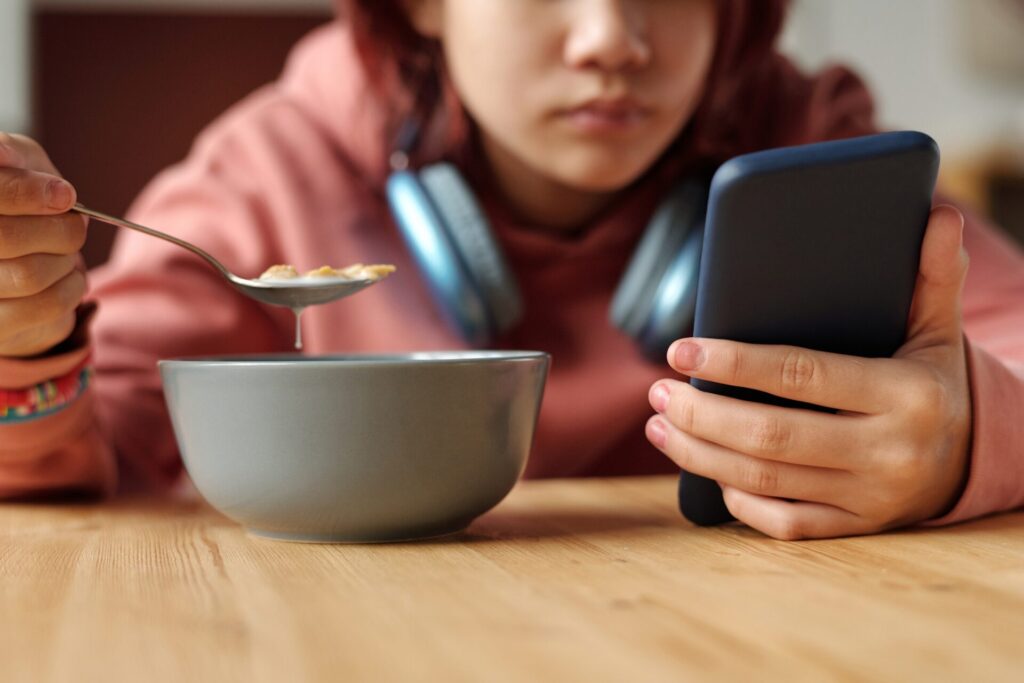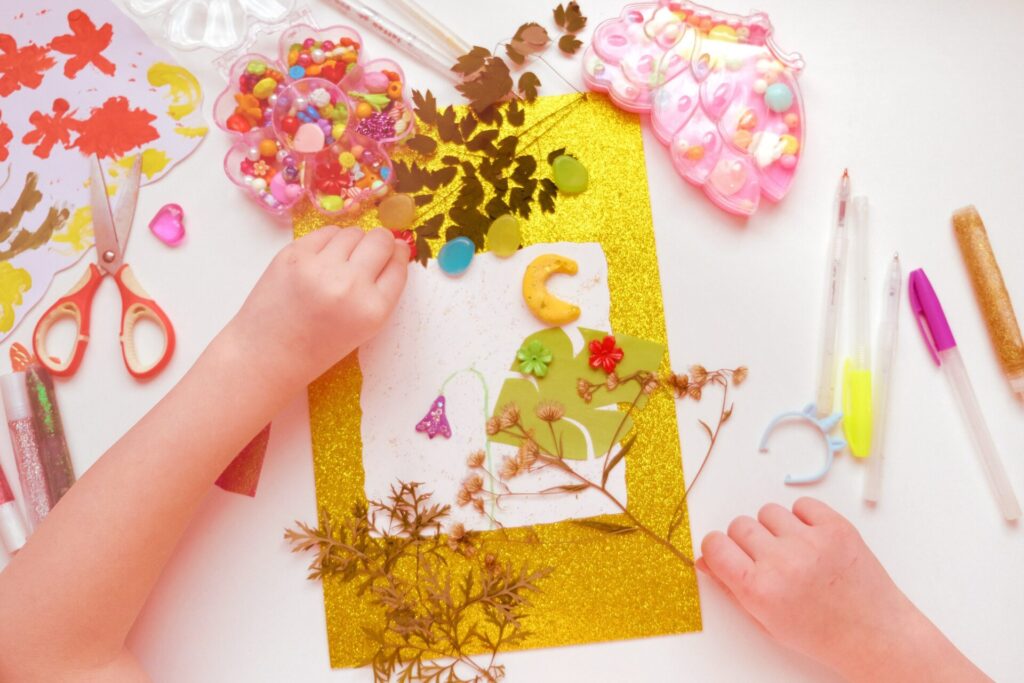This time of year can be a ton of fun, but it can also become clear that the holidays are affecting your mental health. Dr. Shahana Alibhai, author of Feel Better: How Understanding Your Emotional Palette Can Keep You From Getting Swept Away, shares three questions to ask yourself to determine whether you need extra support.
Sometimes, the holiday season can feel like a pot of pasta on the stove, simmering one minute and completely boiling over the next. And, even though we go through it every year, the holidays have a way of creeping up on us, and before we know it, we are completely wrapped up (pun intended!) in what feels like a never-ending checklist of things to do. This is a common challenge, and one that can really impact our mental health.
Here are three questions to ask yourself that might signify that holidays are affecting your mental health.
What Are You Removing?
The holidays seem to be all about “more” these days, whether it be more events to attend or more gifts to purchase. Rarely do we think about what we are eliminating from our lives when things get particularly hectic. The first things we subtract are usually the things we need the most. This could be taking the time to walk, attending your weekly fitness class or even the hour or two you set aside to prepare meals for the week. Ask yourself , “Am I subtracting something from my life that impacts my overall health?”
How Are Your Relationships Being Affected?
With tighter schedules and increased demands, it is common for our relationships to take a backseat during the holidays. Our response to stressors can be precarious when we feel overwhelmed, and we might find ourselves more snappy, irritable or prone to blowing up over the smallest things. We are more inclined to blame others, especially our partners, when things don't go the way we want them to. Ask yourself, “What am I in control of regarding my relationships?” And, as a follow up, one of the most important questions you can ask yourself is, “What do I need right now?” There are many times when you can't get exactly what you need at that exact moment, but just asking the question and being able to relay that to your partner is extremely useful information.
Are You Turning Down All Social Engagements?
The holidays are a time of many events, whether it be children's end-of-year performances, work parties or socializing with friends and family. It can get to be a bit much, and you will definitely need to prioritize what gets an RSVP of yes. But if you find yourself turning down every invitation and isolating yourself, this is a signifier of declining mental health over the holidays. In fact, it is one of the least talked about and yet one of the most important signs to watch for. It’s one thing to say no to one or two invitations, but if you find yourself purposely declining all opportunities to socialize, you may need some support from others.
When we feel overwhelmed, which is its own sign that the holidays are affecting your mental health, our brain loves to lie to us and tell us that we will get more satisfaction from just being alone, but the truth is that most of the time, we underestimate the positive boost to our mood when interacting with others. Ask yourself, “Am I saying turning down events because I think isolating myself will make me feel better?”
While we often hope for the holidays to be filled with joy, it's common for the season to opposite effect. It's important to honour your own needs by setting boundaries and crafting a holiday season that feels right for you. And always remember: If you find yourself struggling more than usual, asking for help is both perfectly okay and absolutely encouraged.
Dr. Shahana Alibhai is a professional speaker, family physician and mental health expert. She has worked with a multitude of organizations to help their audiences gain more clarity into their mental health. A master at blending her personal story of postpartum anxiety and the resulting shame, denial and mental health challenges, with her professional background in cognitive behavioural therapy and mindfulness meditation, Dr. Shahana is best known for her TEDx talk “Emotional Literacy for Better Mental Health.” She is part of the 262 Women’s Movement and the winner of the Canadian College of Family Practice Residency Award.










